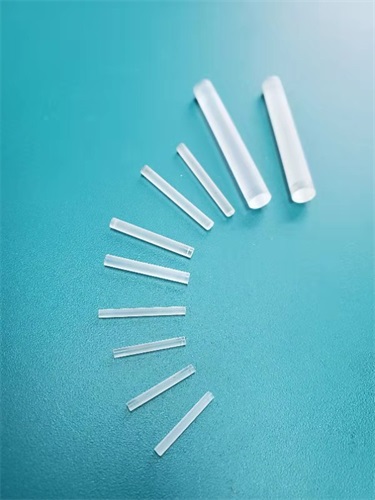歡迎來到匠仁醫(yī)療設(shè)備有限公司網(wǎng)站!



 公司:匠仁醫(yī)療設(shè)備有限公司
公司:匠仁醫(yī)療設(shè)備有限公司 樊經(jīng)理:13153199508 李經(jīng)理:13873135765
公司地址:山東省濟(jì)南市槐蔭區(qū)美里東路3000號(hào)德邁國(guó)際信息產(chǎn)業(yè)園6號(hào)樓101-2室 湖南省長(zhǎng)沙市雨花區(qū)勞動(dòng)?xùn)|路820號(hào)恒大綠洲14棟2409室
魯公網(wǎng)安備 37010402441281號(hào)
